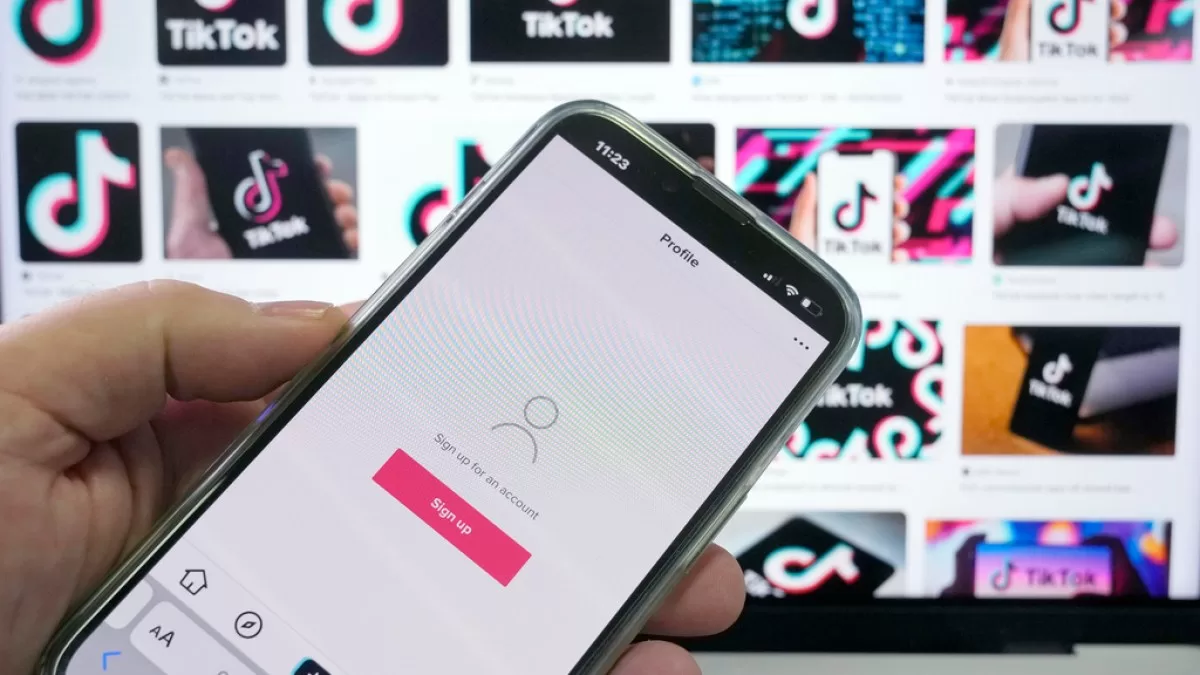Legislation to prevent children accessing social media will be introduced by Australia’s parliament later this year and will take effect 12 months after ratification.
Australian Prime Minister Anthony Albanese has announced plans to legislate for a ban on social media for children under 16 years of age, an initiative his government says is world-leading.
Australia’s Minister of Communications Michelle Rowland said on Thursday that the social media platforms impacted would include Meta’s Instagram and Facebook, as well as Bytedance’s video-sharing TikTok and Elon Musk’s X, previously known as Twitter.
Rowland said that Alphabet’s YouTube would also likely fall within the scope of the legislation.
“Social media is doing harm to our kids, and I’m calling time on it,” Prime Minister Albanese told a news conference.
Legislation will be introduced into parliament this year, with the laws coming into effect 12 months after the law is ratified by parliamentarians, he added.
There will be no exemptions for users who have parental consent, Albanese said.
“The onus will be on social media platforms to demonstrate they are taking reasonable steps to prevent access,” he said.
“The onus won’t be on parents or young people,” he added.
A proposed social media ban for children in Australia was raised earlier this year and received broad bipartisan support in parliament.
The four social media companies targeted by the ban were not immediately reachable for comment.
A number of countries have promised to curb social media use among children through legislation, though Australia’s proposal appears to be one of the most stringent.
France last year proposed a ban on social media for those under 15, though users were able to avoid the ban with parental consent.
Earlier this year, the US’s Surgeon-General Dr Vivek Murthy called on Congress to require social media platforms to carry warning labels detailing their effects on young people’s lives, similar to those now mandatory on cigarette boxes.
The US also requires technology companies to seek parental consent to access the data of children under 13, leading most social media platforms to ban those under that age from accessing their services. Analysts, however, have previously expressed doubt that it was technically possible to enforce such a ban.
“We already know that present age verification methods are unreliable, too easy to circumvent, or risk user privacy,” University of Melbourne researcher, Toby Murray, said earlier this year.
Australia has been at the forefront of efforts to rein in social media. The country’s online watchdog is locked in a running battle with Elon Musk’s X, accusing the platform of failing to stamp out harmful posts.
The government also introduced a “combating misinformation” bill earlier this year, outlining sweeping powers to fine tech firms for breaching online safety obligations.
